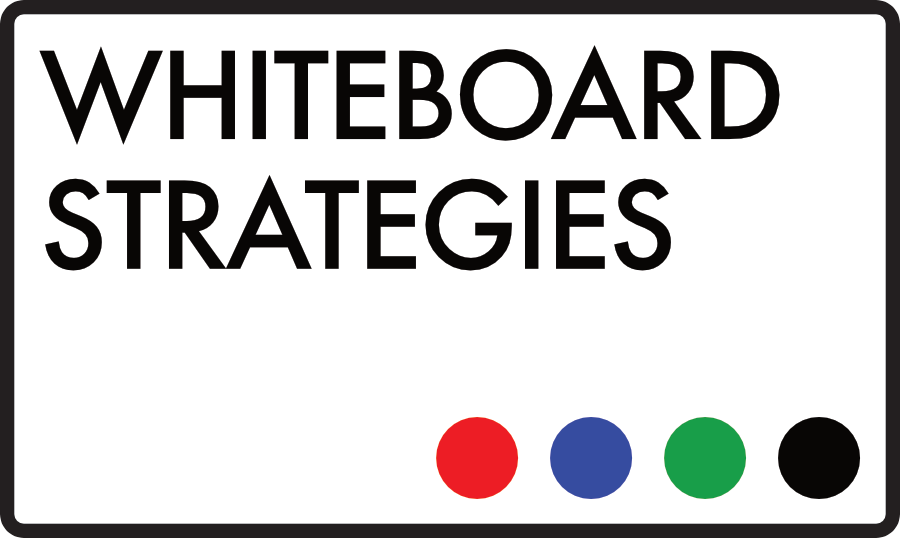So, you’re a Sales Director. Some of you will have been sitting pretty up there on Mount Olympus for a while now. Others will just have been promoted and still be feeling like Hall of Famers. Either way, it’s good to feel good about it; great to appreciate how far you’ve come, even if you’ve been in the industry as long as many of us have. But it’s not all just corporate boxes at the football and a bigger office, right? I have friends in Sales Director roles around the world, and all of them at some point end up saying the same thing: “there’s just a lot of pressure…”
The Sales Director job is dominated by numbers, more so even than frontline reps jobs. The role is all about creating processes, strategies and teams that can relentlessly deliver year on year growth while expanding territories, seamlessly ramping up new hires, maximising the impact of the available resources and crushing the competition along the way. It feels like a tall order, but essentially it all comes down to one thing: boosting bottom line. And the buck stops with you. Those other things, the ones that made you chase after the job in the first place and the ones that will look great on your CV once you decide to move on are just prettier ways of saying “make more money”. Making high-level strategic decisions, correcting course trajectories, ensuring that the needs of stakeholders are met, liaising with senior management teams and directors… they all boil down to “make more money”. If you can’t deliver on that you’re a goner.
Now, any Sales Director worth their salt is going to have headed up the teams under them with good managers. Sales Managers are the Sam Warburton to the Sales Director’s Warren Gatland – heading up the troops in the field, demonstrating strong leadership, and implementing the director’s strategic aims and plays. But the amount of pressure that Sales Directors are under can mean that those lines get blurred. Good Sales Managers are capable of picking up some slack for their Sales Director or CSO. They can analyse their marketplace, work up some differentiation pitches, re-work a value proposition for specific clients. They can even take some of that high level strategic work off the director’s plate…
But just because they can doesn’t mean they should. Firstly, it undermines the authority of the Sales Director. If Sales Managers can do your job, they’ll begin to wonder why they need you there at all. It destabilises the whole corporate hierarchy, and no one benefits from that.
Secondly, it can lead to a fundamental lack of unity across widespread sales teams. If you’ve got teams across EMEA, teams out in Australia and the Pacific territories, teams across America, and each of your Sales Managers is setting their own strategic agenda, you’ve lost them. What sales teams need is strong, unified leadership – and that starts from the top.
The work that you can offload on your managers is… well, management. Let them handle their teams, give them autonomy in hiring and enablement decisions. Learn to stay out of work that doesn’t need your involvement – God knows there’s enough that does. This can feel like taking the training wheels off your Sales Managers’ bikes, but if you’ve got the right people in those roles then you’ll immediately feel the benefit.
Make sure your Sales Managers – and you – have this distinction clear in your heads. It sounds obvious and easy, but it often needs properly hammering out. Your role is strategic. You are responsible for setting, monitoring and constantly realigning sales strategy across regions. Your Sales Managers are responsible for the execution and implementation of your strategic vision, for the direct management of their sales people, and for hitting quota across their region.
You direct, they manage. It’s certainly not as simple as it sounds, but if you get it straightened out you’ll feel at least some of that Sales Director pressure lifted.

Recent Comments